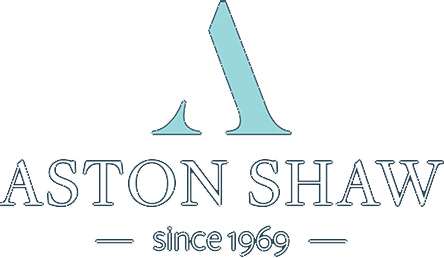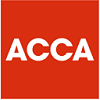*Featured In The EDP Norfolk Magazine*
Following the Credit Crunch, UK businesses have been composing themselves, ready to fight their way back to a sound trading position. There has been a clear spike in the level of business and sales activity, this inevitably results in pressures on cash flow.
This is where ‘Factoring’ comes in. Factoring is where a business sells its accounts receivable (e.g. invoices) to a third party (known as a factor). A Factor – or Factoring House – can provide a viable, sustainable and expedient solution to cash flow requirements for businesses. The Factor works in partnership with businesses, sharing their expertise and market knowledge, with the intention of building a long-term relationship.
Whether a start-up business or a large multinational company, factoring should be a consideration for all businesses. Factoring provides a robust back-office function for a business’s accounts department. Factoring Houses are generally split into two main divisions: Factoring and Invoice Discounting.
Factoring
Factoring Houses essentially manage the sales ledger and credit control of the business’s clients. Once trading, Factoring will allow the business to use outstanding invoices to improve cash flow, liberating up to 90% of its value on the first day alone. This trading facility will grow with the business, expanding in response to the improved sales of the firm. This ultimately allows the business to respond to growth in a timely and controlled fashion. The Factoring House earmarks the invoices as being subject to a factoring arrangement, they will then chase the debt as and when it’s due. This saves valuable company time by considerably reducing the time spent on the internal collection process.
Invoice Discounting
Invoice Discounting on the other hand is similar in its process, but is distinctively different. Just as with Factoring, Invoice Discounting provides up to 90% of the invoice value almost immediately. The main difference is that this facility is confidential. Clients of the business will not know that the company is factoring the sales ledger. In this model, the business continues to manage the collection process, so things from the client’s perspective appear exactly the same.
The operation of these facilities is fairly straightforward, invoices need to be sent to the Factoring House by the end of the working week. Payment will be made to the business either on the same day, or on the following Monday via BACS. Both facilities will not require the business to make capital repayments, thus maximising cash flow.
To summarise, Factoring provides an extra source of finance, which should not require any additional assets for security other than the invoices themselves. Of course, all of this is dependent on your financial standing, but you can rest assured that if this is of interest to you, the Factoring House will try their best to find a way to make a deal that will work for you














